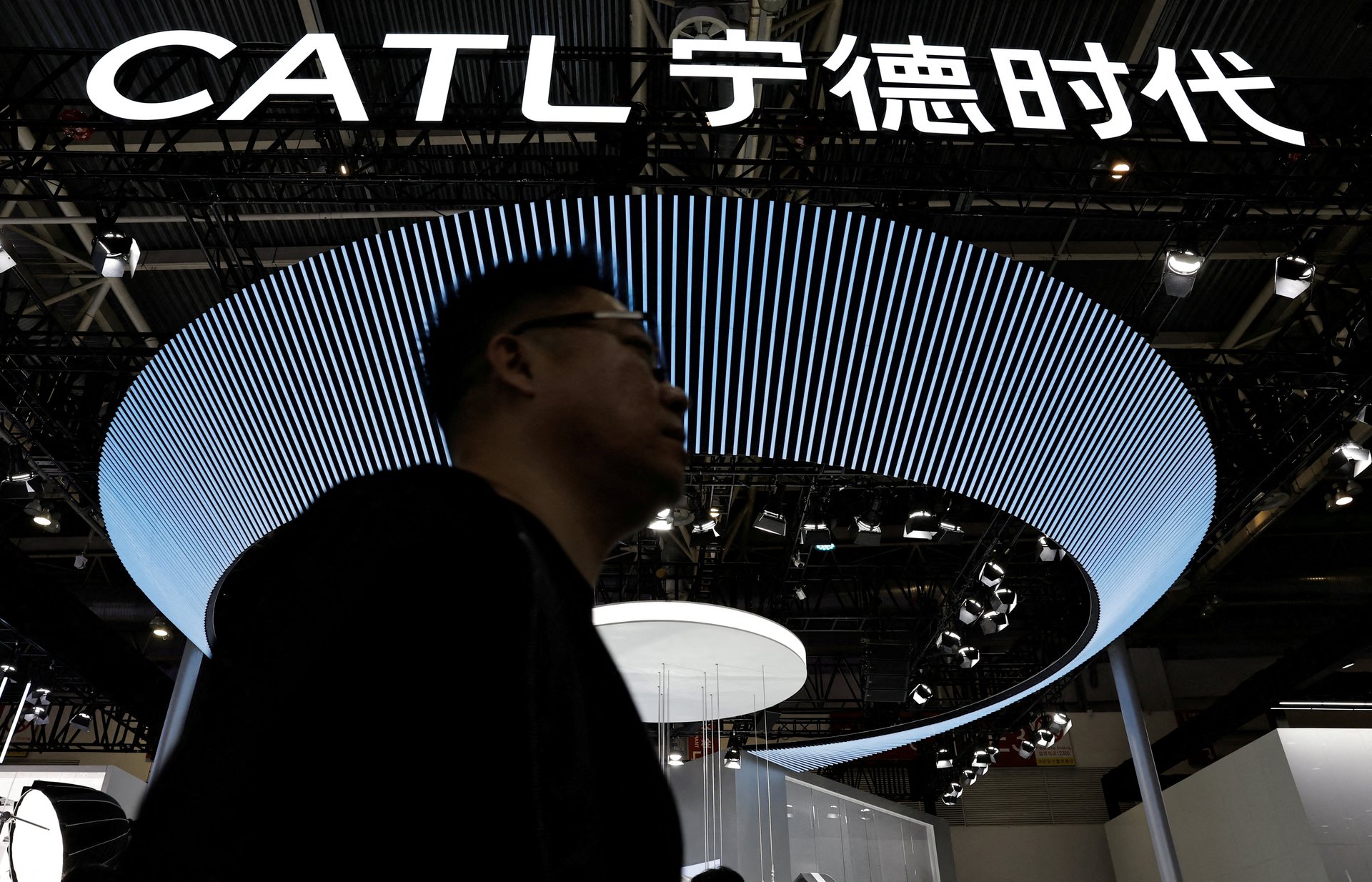Chinese EV batteries for Tesla and others use 'slave labor,' lawmakers say
Battery manufacturers CATL and Gotion are linked to several automakers, including Ford and Volkswagen

Republican lawmakers are calling for the U.S. to ban products from Chinese battery makers Contemporary Amperex Technology Co., Limited (CATL) and Gotion High Energy, citing “indisputable evidence” that their supply chains use “slave labor.”
Suggested Reading
The companies have ties to major automakers. CATL’s electric vehicle batteries are supplied to Mercedes-Benz, Tesla and BMW, while Ford Motor has teamed up with the Chinese company to make a battery plant in Michigan. Gotion has ties to Volkswagen, which — like BMW — has faced previous accusations that its supply chain has ties to forced labor.
Related Content
Republicans on House and Senate committees overseeing homeland security, government affairs, and relations with China want CATL and Gotion added to the entity list under the Uyghur Forced Labor Prevention Act. That list restricts the import of goods tied to accusations that Beijing has committed human rights violations against the Uyghur ethnic minority in the Xinjiang region. China has denied the allegations.
“The American people expect companies in the U.S. to avoid all involvement with the Chinese Communist Party’s campaign of genocide,” John Moolenaar, who chairs the House Select Committee on the Chinese Communist Party, said in a statement.
The lawmakers say CATL sources materials from a company controlled by the Xinjiang Production and Construction Corps (XPCC), a sanctioned paramilitary group, and partnered companies. It also sources materials from a subsidiary of the government-owned Xinjiang Nonferrous, which has been accused of participating in human rights violations.
Gotion also allegedly sources materials from Xinjiang Nonferrous and companies linked to the XPCC, as well as Xinjiang Joinworld, a major aluminum manufacturer accused of participating in human rights violations.
Shares of CATL dropped by more than 5% on the lawmakers’ allegations. Gotion stock fell by more than 2% in Shenzhen.
Representatives for CATL and Gotion did not immediately return a request for comment outside normal business hours.
Volkswagen Group China has no evidence of human rights violations connected to its business in the country and is investigating the allegations, a spokesperson told Reuters. Volkswagen China Investment Co. owns 26% of Gotion’s shares.
In February, Volkswagen confirmed that thousands of Porsche, Audi, and Bentley cars had been held at U.S. ports because components within them violated U.S. laws prohibiting forced labor. An audit commissioned by the automaker of its plant in the Xinjiang region found no indiction of forced labor, although the Senate Finance Committee has criticized Volkswagen for not making the full audit public.
